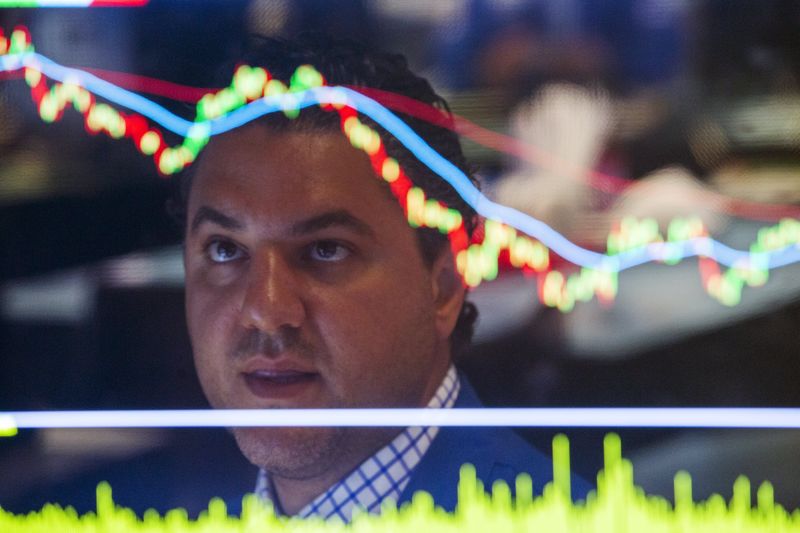Investing.com - Here are the top five things you need to know in financial markets on Thursday, June 9:
1. Global stocks retreat in risk-off trade
U.S. stock futures pointed to a lower open on Thursday, as a recent rally that pushed the Dow and S&P back towards record highs ran out of steam.
Elsewhere, European stock markets were broadly lower, as appetite for riskier assets faltered amid growing concerns over the health of the global economy.
Earlier, Japan's Nikkei tumbled 1%, hurt by a stronger yen. Financial markets in Hong Kong and China were closed for holidays.
2. U.S. dollar bounces off 5-week lows
The U.S. dollar pushed higher on Thursday, after falling to five-week lows against a basket of currencies in the prior session amid diminished expectations for a Federal Reserve summer rate hike.
The dollar index rose 0.2% to 93.78 after dropping to 93.41 on Wednesday, a level not seen since May 6.
Investors all but ruled out a rate hike at the Fed’s June 14-15 meeting after U.S. employment data last week showed the economy added just 38,000 jobs last month, the smallest increase since September 2010.
Market players are pricing in just a 4% chance for a rate hike later this month and 27% for July, according to CME Group's (NASDAQ:CME) FedWatch tool. September odds were at about 44%.
3. Oil turns lower after scaling new highs
Oil prices gave back some of their recent gains on Thursday, as a rally which took prices to the highest level since July prompted market players to lock in gains in a bout of profit-taking.
U.S. crude rose to an 11-month high of $51.67, before turning lower to $51.03 a barrel during morning hours in New York, down 20 cents, or 0.39%, while Brent declined 36 cents, or 0.69%, to $52.15, after hitting $52.84.
4. European bond yields hit record lows
U.K. 10-year gilt yields fell 1.3 basis points, or 1.04%, to 1.242%. It earlier touched 1.224%, the lowest level on record.
Meanwhile, German 10-year bonds fell 1.7 basis points, or 28.33%, to 0.043%, after falling to an all-time low of 0.032% earlier in the session.
Demand for safe-haven assets mounted amid concerns over the health of the global economy and amid growing uncertainty ahead of this month’s referendum on the U.K.’s membership of the European Union.
5. ECB’s Draghi warns of economic risks
Speaking in the Brussels Economic Forum, European Central Bank President Mario Draghi brought home the disconnect between monetary and fiscal policy and insisted that governments needed to do more to support the euro zone economy.
Draghi promised that the ECB would not undershoot its inflation objection for longer than is avoidable, but urged others to ensure that “output is returned to potential before subpar growth causes lasting damage.”
